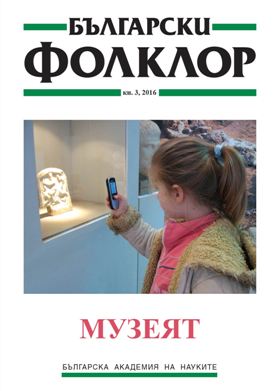BÜYÜK UYGUR DEVLETİ DÖNEMİNDE “ARP ÇALGISI”
Great Uighur State was one of the most prominent civilization of scientific and cultural features. Turkish music culture also demonstrated significant improvements in this state age. Numerous instruments emerged and old instruments developed in this state. The harp, which based on Hun State, also developed in Uighur State. However, there is little or no information about the harp’s Turkish origin in national and international literature.The research based on literature review, is provided Uighur Turk’s harps and it is determined that these harps’ features. Based on Uighur miniatures and documents, it is commented that how and where these instruments plays. In addition it has been argued that, Uighur didn’t adopt the harp from Chinese.
More...

